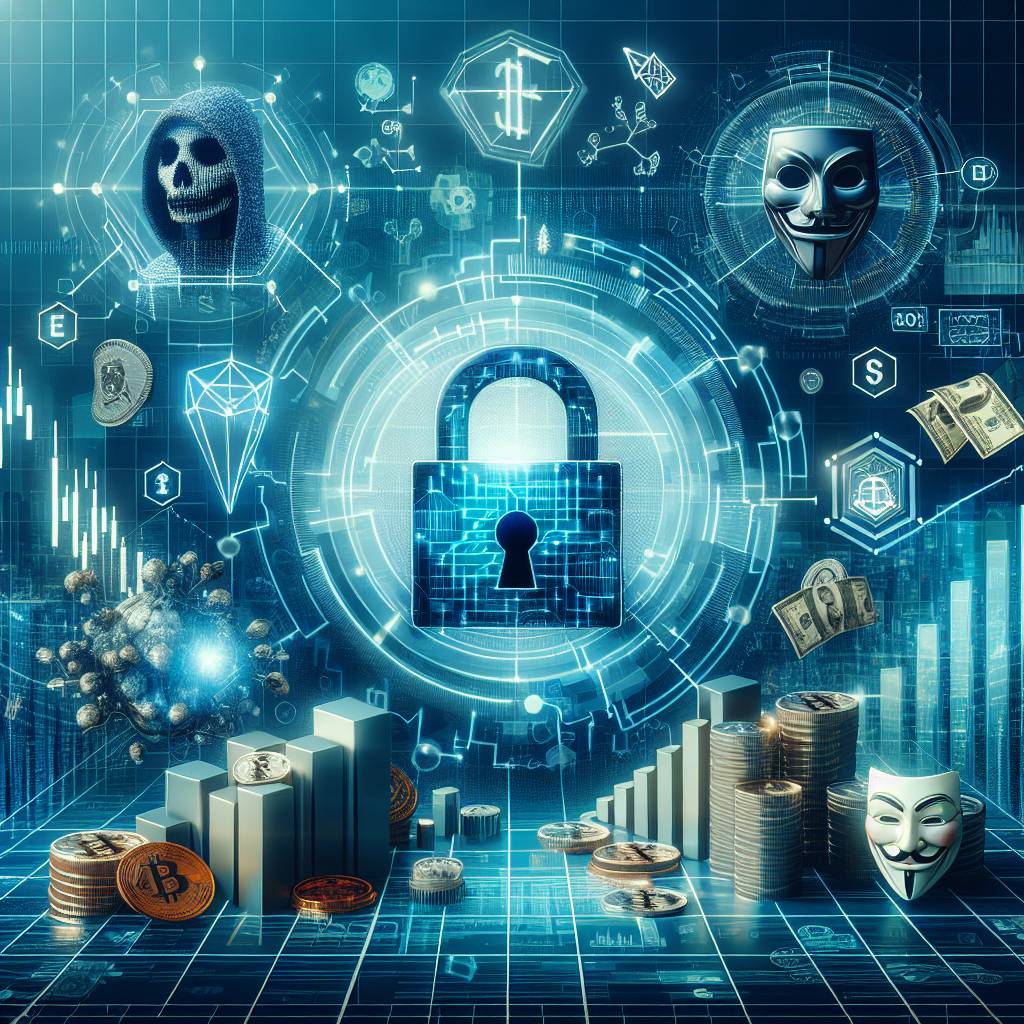Can you explain the concept of non-fungible tokens in the crypto world?
Could you please provide a detailed explanation of what non-fungible tokens (NFTs) are in the cryptocurrency world? I'm interested in understanding their unique characteristics and how they differ from other types of tokens.

3 answers
- Sure! Non-fungible tokens (NFTs) are a type of digital asset that represent ownership or proof of authenticity of a unique item or piece of content, such as artwork, collectibles, or virtual real estate. Unlike cryptocurrencies like Bitcoin or Ethereum, which are fungible and can be exchanged on a one-to-one basis, NFTs are indivisible and cannot be exchanged on a like-for-like basis. Each NFT has a unique identifier that distinguishes it from other tokens, making it one-of-a-kind. This uniqueness is what gives NFTs their value and appeal to collectors and enthusiasts. In the crypto world, NFTs are typically built on blockchain platforms like Ethereum, which provide a decentralized and transparent infrastructure for creating, buying, selling, and trading these digital assets. The blockchain ensures the immutability and traceability of NFT transactions, making it possible to verify the ownership and provenance of an NFT. NFTs have gained significant popularity in recent years, with high-profile sales and collaborations with artists, musicians, and celebrities. Overall, NFTs have opened up new possibilities for creators and collectors in the digital realm, allowing for the monetization and ownership of unique digital assets in a secure and transparent manner.
 Dec 17, 2021 · 3 years ago
Dec 17, 2021 · 3 years ago - NFTs, huh? They're like the fancy art pieces of the crypto world. Instead of just buying or trading regular cryptocurrencies, NFTs allow you to own something unique and special. It could be a digital artwork, a virtual pet, or even a piece of virtual real estate. The cool thing about NFTs is that each one is different and can't be divided into smaller parts. It's like owning a rare collectible that no one else has. And because NFTs are built on blockchain technology, you can be sure that your ownership is recorded and can't be tampered with. So, if you're into digital art or want to own something exclusive in the crypto world, NFTs might be worth checking out!
 Dec 17, 2021 · 3 years ago
Dec 17, 2021 · 3 years ago - As an expert in the crypto world, I can tell you that non-fungible tokens (NFTs) have been making waves in recent years. These unique digital assets have captured the attention of artists, collectors, and investors alike. Unlike traditional cryptocurrencies, NFTs represent ownership of a specific item or piece of content, rather than being interchangeable like coins or tokens. This means that each NFT is one-of-a-kind and cannot be replicated or replaced. NFTs are typically created on blockchain platforms like Ethereum, which provide a secure and transparent environment for buying, selling, and trading these digital assets. The blockchain ensures the authenticity and provenance of each NFT, making it possible to verify its ownership and history. This has opened up new opportunities for artists to monetize their work and for collectors to own unique digital creations. In the crypto world, NFTs have gained significant attention due to high-profile sales and collaborations with celebrities and brands. However, it's important to note that the value of NFTs can be highly subjective and speculative, so it's crucial to do your research and understand the risks involved before diving into the world of NFTs.
 Dec 17, 2021 · 3 years ago
Dec 17, 2021 · 3 years ago
Related Tags
Hot Questions
- 94
What are the best practices for reporting cryptocurrency on my taxes?
- 90
How can I minimize my tax liability when dealing with cryptocurrencies?
- 83
What are the advantages of using cryptocurrency for online transactions?
- 75
What are the best digital currencies to invest in right now?
- 68
How can I buy Bitcoin with a credit card?
- 67
Are there any special tax rules for crypto investors?
- 50
What is the future of blockchain technology?
- 32
What are the tax implications of using cryptocurrency?
